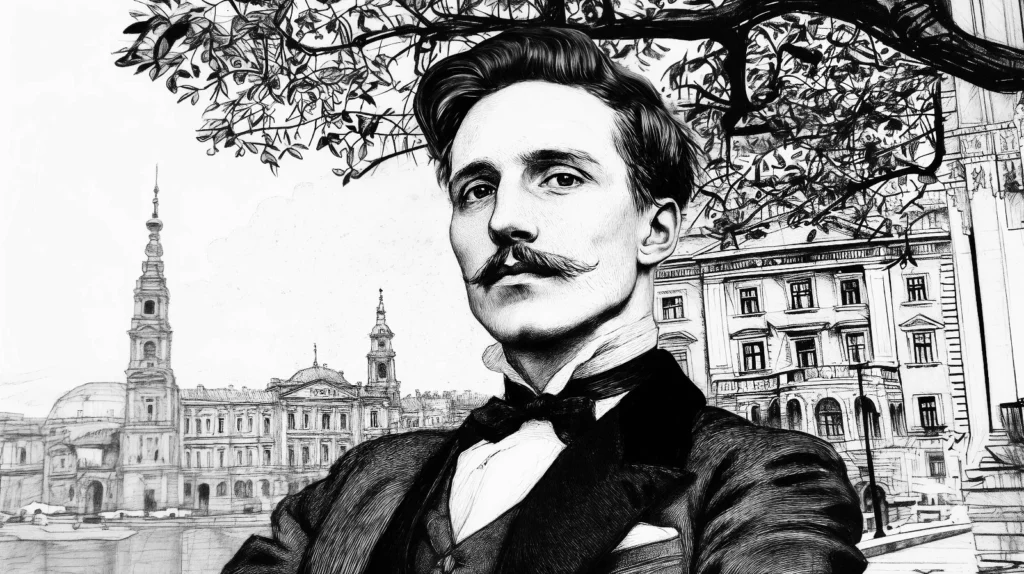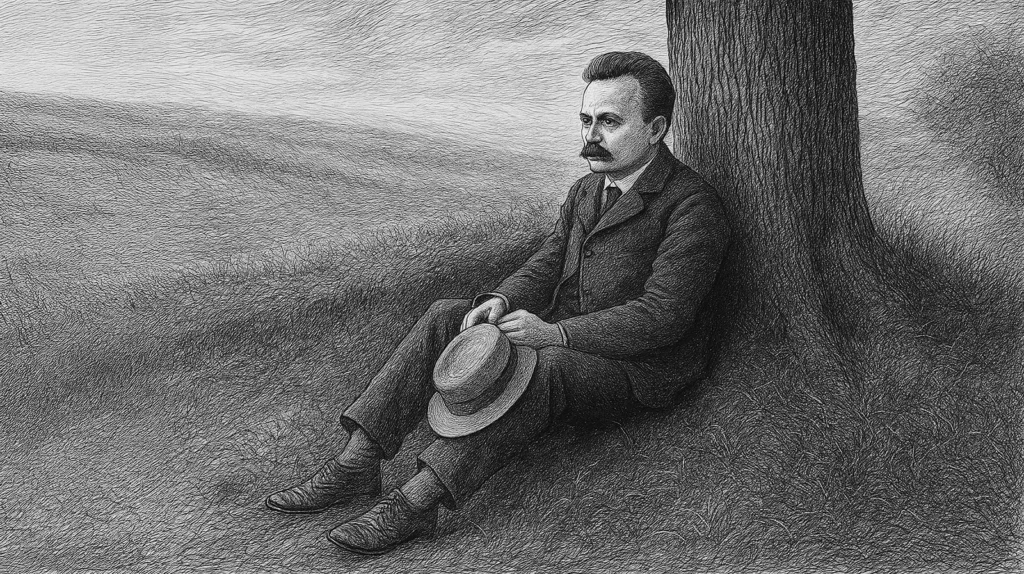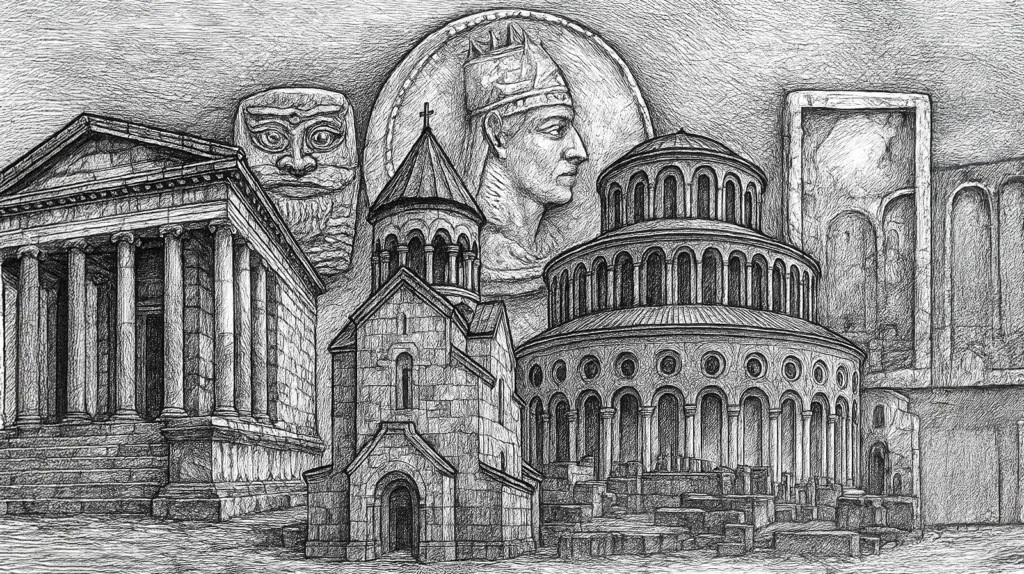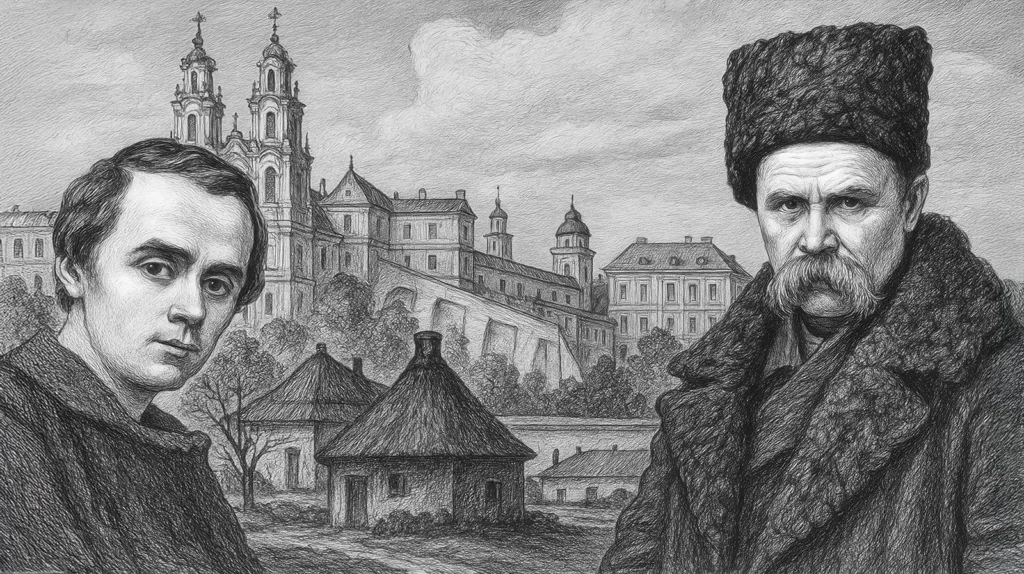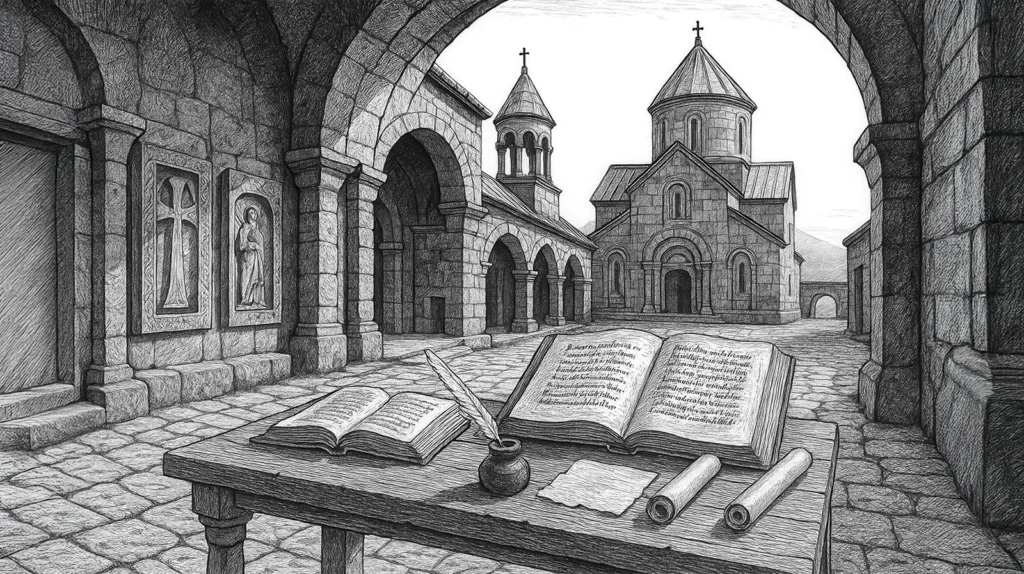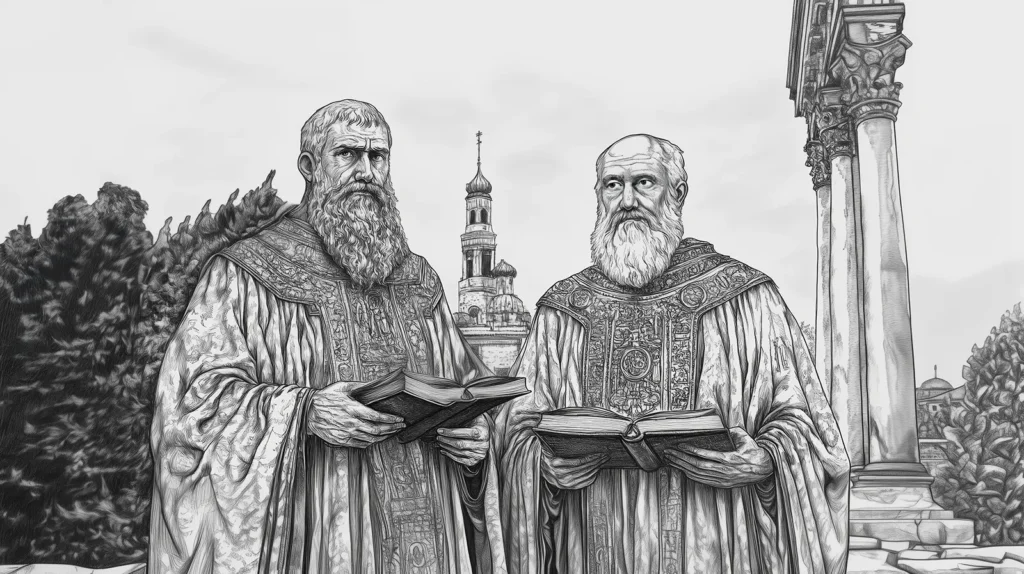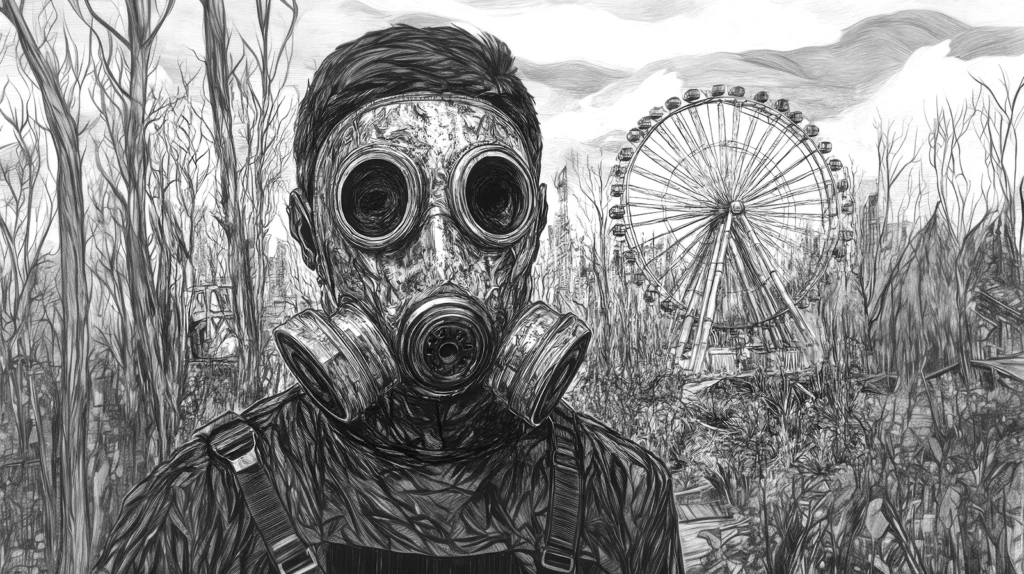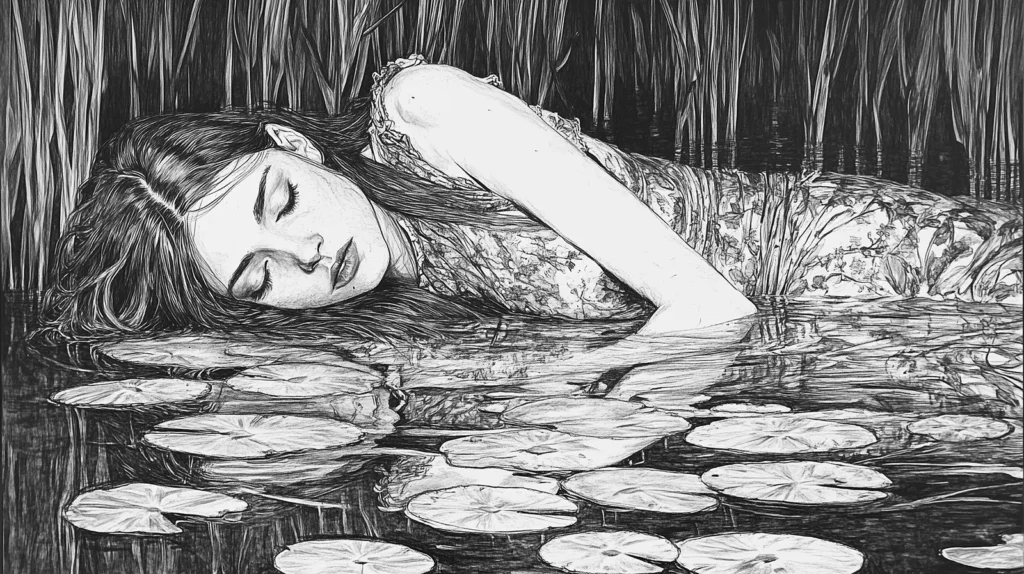The Pen as a Sword: How Panteleimon Kulish Forged Ukraine’s Literary Identity
Table of Contents From Humble Beginnings to a National Voice The Black Council: Writing a Nation into Existence The Architect of a Language: The ‘Kulishivka’ Reform A Romantic with a Political Fire The Lasting Echo of Panteleimon Kulish Imagine a culture on the brink. Its language was dismissed as a dialect, and its history was […]
The Pen as a Sword: How Panteleimon Kulish Forged Ukraine’s Literary Identity Read More »
